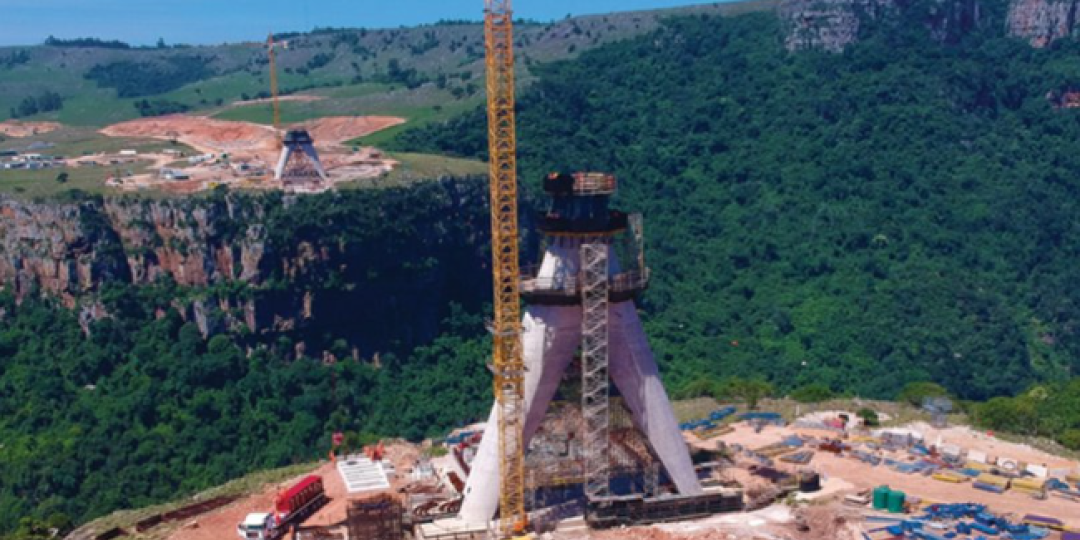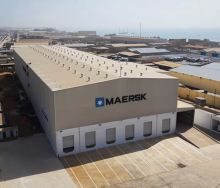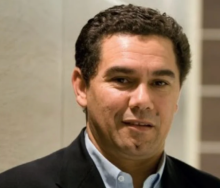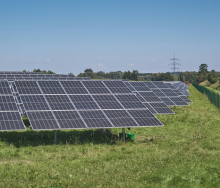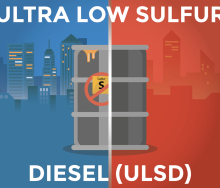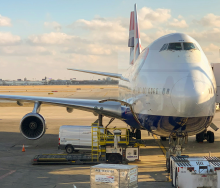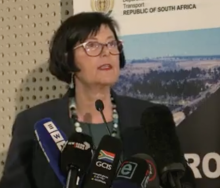A cable-stayed suspension (CSS) bridge that will unlock logistical access to remote and impoverished areas of Pondoland in the eastern Transkei should be completed towards the end of next year, the joint venture (JV) concern tasked with the construction work has predicted.
Amid much opposition from mostly environmental concerns and local pressure groups, construction of the bridge across the Miskaba Gorge started in 2019.
Disruption and violent intimidation of worker teams tasked with preparing the approach ways on either side of the gorge initially delayed the start of work on the bridge, but the Concor and MECSA Construction JV managed to proceed as planned.
Yesterday it was reported that 50% of the cement required for two 127-metre-high pylons has been poured.
This phase of the construction work, which includes two anchor blocks behind each pylon, is at an advanced stage.
It means Concor and MECSA will soon be able to proceed with the highly complex construction of the bridge’s mid-section.
It involves two sections of 290 metres, each meeting halfway across the gorge floor some 192 metres down below.
The two halves of the CSS bridge will be suspended by 17 cables on either sided attached to the pylons.
The pylons themselves are anchored by 34 cables on either side, attached to the anchor blocks.
Construction work on the pylons is expected to be completed by September, by which time decking of the bridge will begin.
The decking slabs, of which there will be 160 altogether, are roughly the size of a tennis court, each weighing 84 tonnes on average.
When the two halves finally meet sometime in the last quarter next year, the Msikaba Bridge will be the second-highest gorge traverse in South Africa after the Bloukrans Bridge which is 216 metres high.
At 580 metres in length, it will be the longest CSS bridge in Africa.
Once the bridge across the Mtentu Gorge is also complete, another crucial segment of the N2 Wild Coast Toll Road (N2WCR) further west of Msikaba, it will be the highest bridge on the continent at 223 metres.
While the opposition – particularly among pressure groups – has been the fear that the toll road will make it much easier for industry to mine the resource-rich Wild Coast, the N2WCR will pave the way for enhanced supply chain efficiencies across the Transkei.
